
Observed Characteristics:
Color:
- brown
- purple-violet
- cinnamon-tan
Morphology:
- branching
- fan
- vase
Consistency:
- tough
Sample Locations:
- Bahamas
Cribrochalina vasculum

| Species: Cribrochalina vasculum | View Image Details |
| Location: Sweetings Cay, Bahamas | Photographer: Sven Zea |
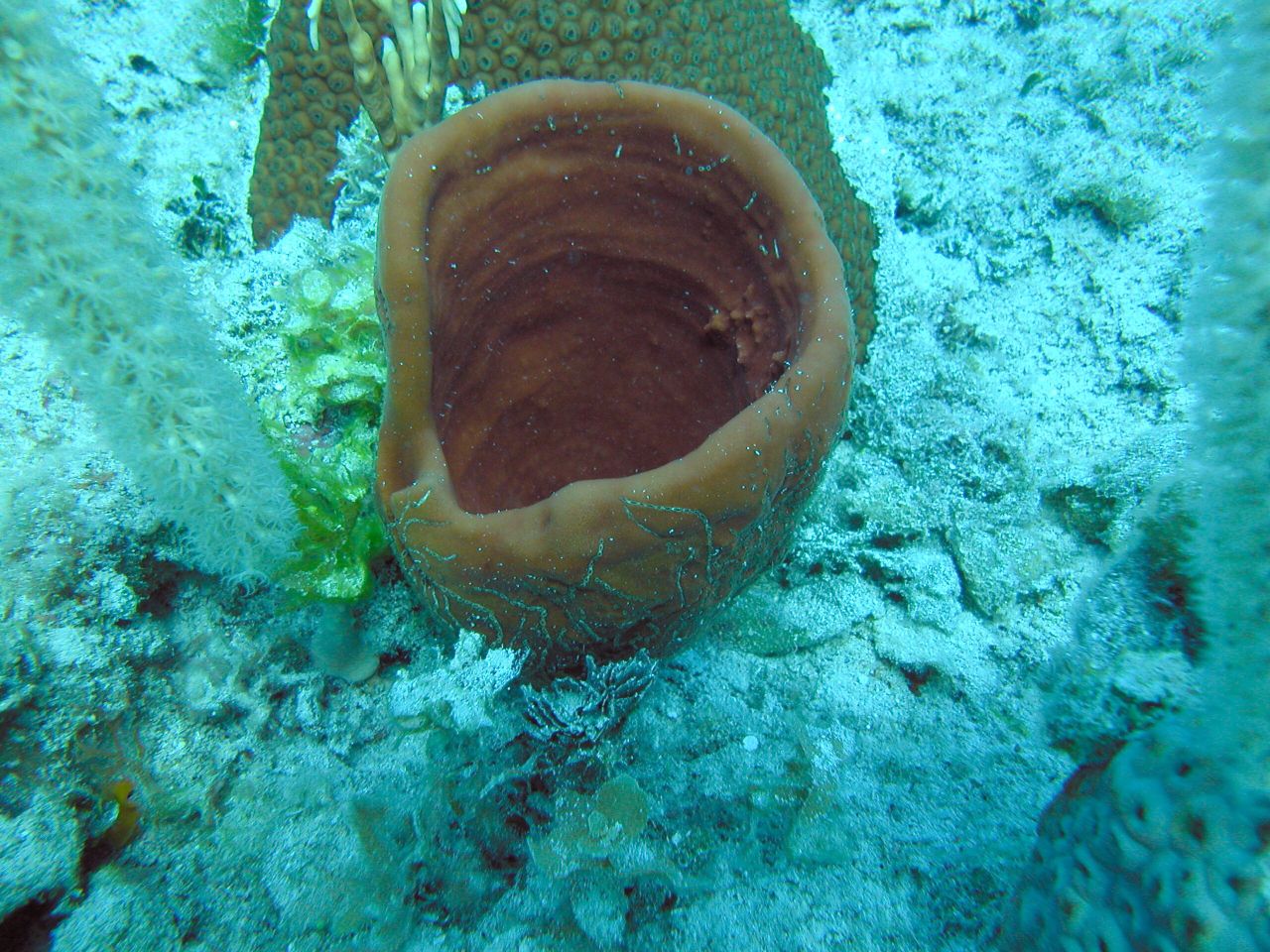
| Species: Cribrochalina vasculum | View Image Details |
| Location: Cat Island, SW, Bahamas | Photographer: Sven Zea |
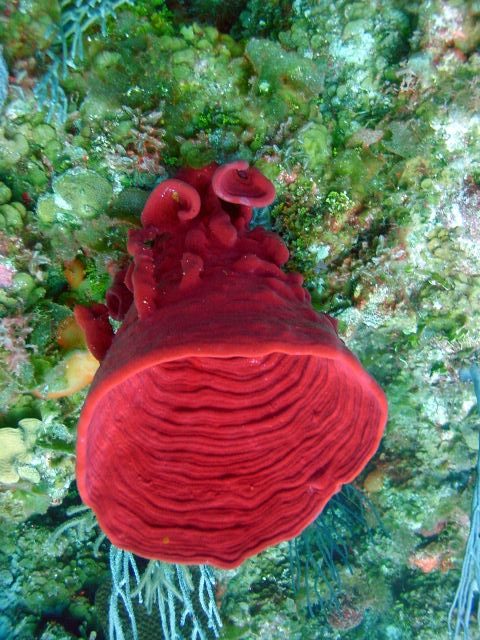
| Species: Cribrochalina vasculum | View Image Details |
| Location: San Salvador, Bahamas | Photographer: Joseph Pawlik |
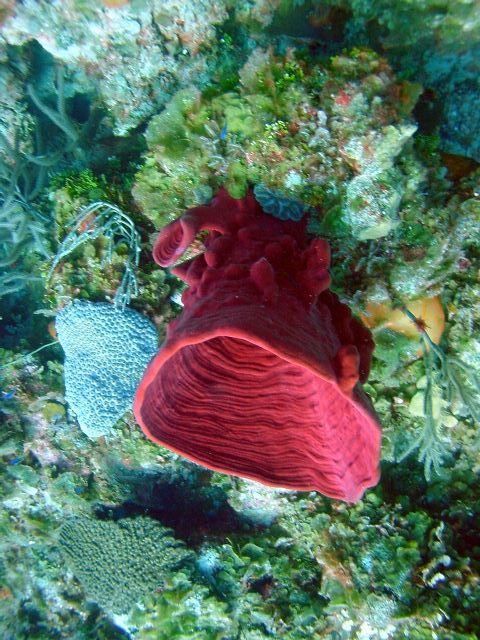
| Species: Cribrochalina vasculum | View Image Details |
| Location: San Salvador, Bahamas | Photographer: Joseph Pawlik |
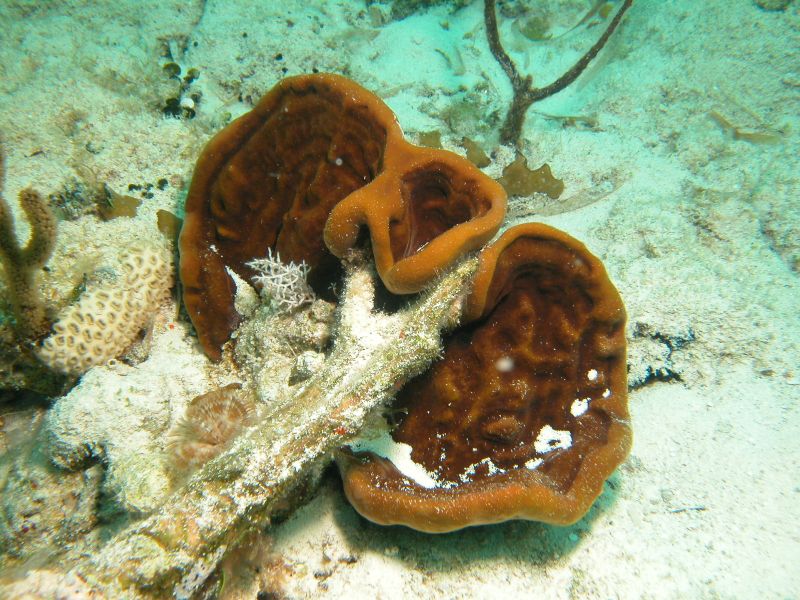
| Species: Cribrochalina vasculum | View Image Details |
| Location: Sweetings Cay, Bahamas | Photographer: Sven Zea |
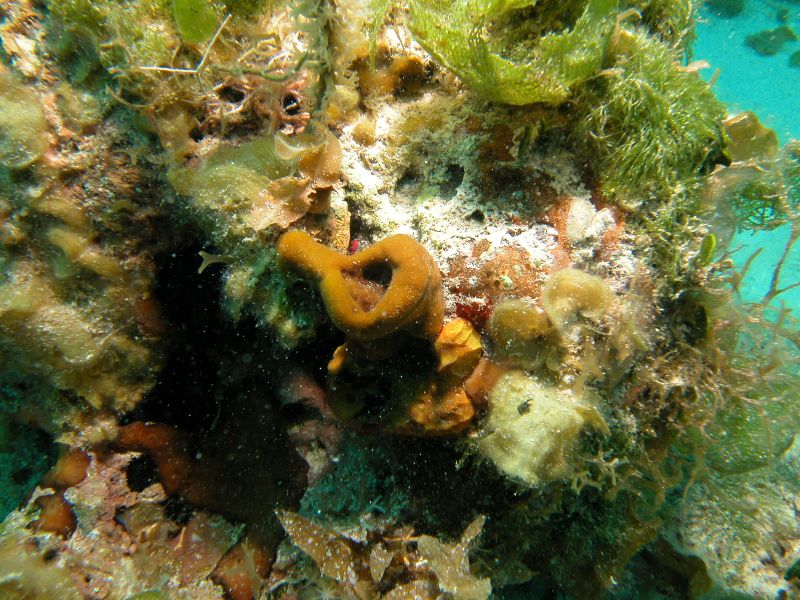
| Species: Cribrochalina vasculum | View Image Details |
| Location: Sweetings Cay, Bahamas | Photographer: Sven Zea |
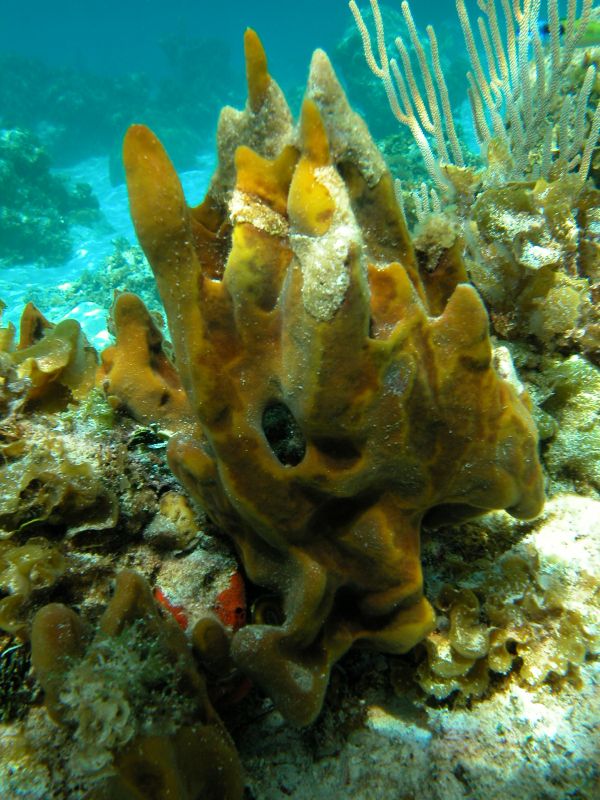
| Species: Cribrochalina vasculum | View Image Details |
| Location: Little San Salvador, Bahamas | Photographer: Sven Zea |
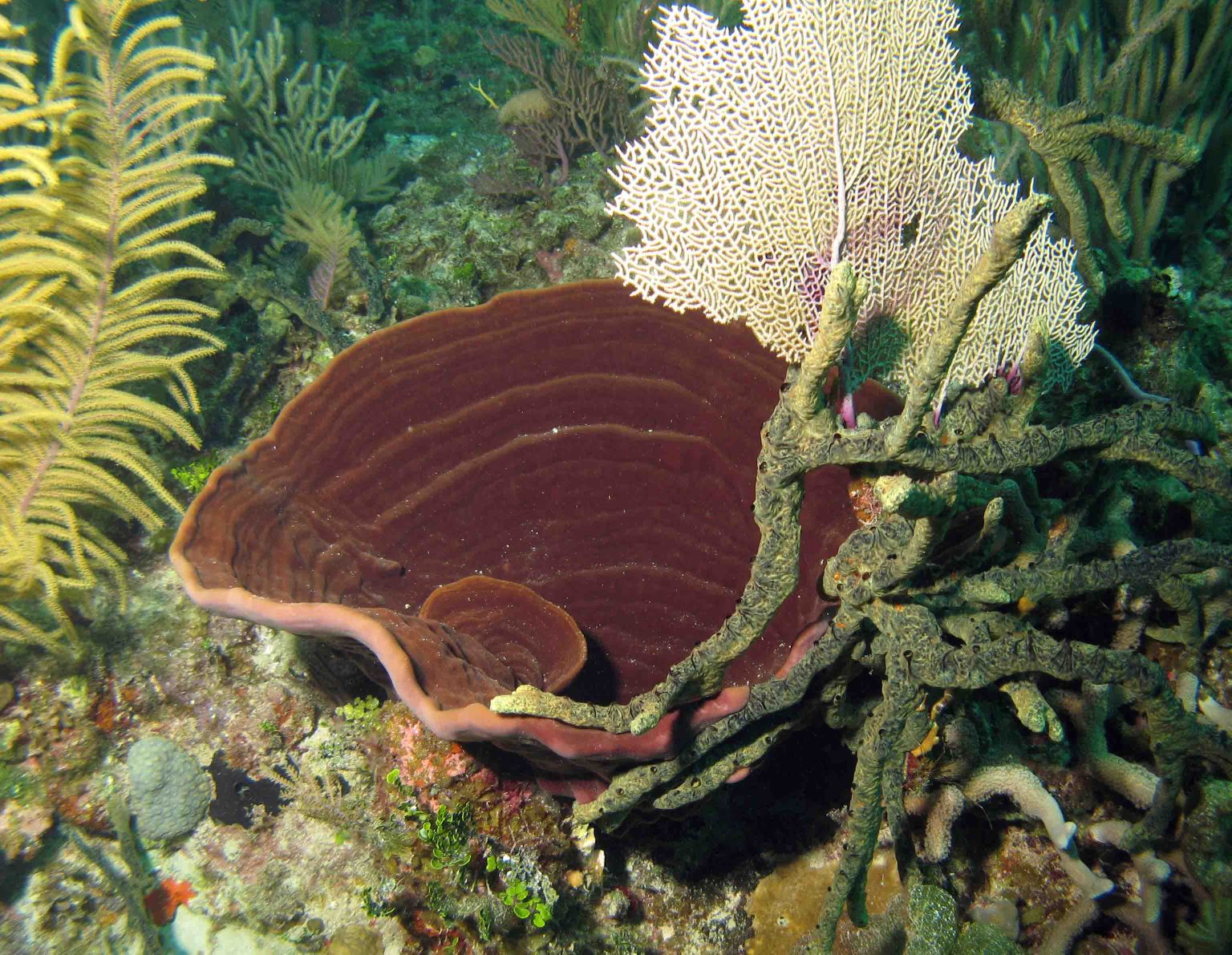
| Species: Cribrochalina vasculum | View Image Details |
| Location: Northern Exuma Cays, Bahamas | Photographer: Joseph Pawlik |
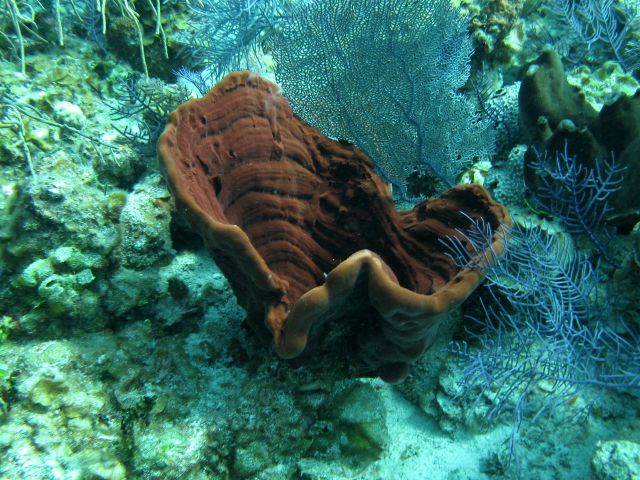
| Species: Cribrochalina vasculum | View Image Details |
| Location: Plana Cays, Bahamas | Photographer: Sven Zea |
Notes: Also called Cribrochalina infundibulum Schmidt, 1870. Smooth inverted cones, to ear-shaped or fan-shaped, sometimes torn or crooked by waves or predators; color tan to vinaceous. May be confused with Petrosia pellasarca (de Laubenfels, 1934), also picture here, which is crumbly. Both have a small category of oxeas spicules concentrated at the surface reticulations. But the skeleton of Cribrochalina is made of thick multispicular tracts cemented by spongin, while the one of Petrosia is more paucispicular and loose, hence the different consistencies. Specimens from Santa Marta, Colombia, made of flattened wide branches were asigned to this species by Zea (1987), but their possible belonging to C. dura remains to be determined.
Author Reference: (Lamarck, 1814)
Link: World Porifera Database